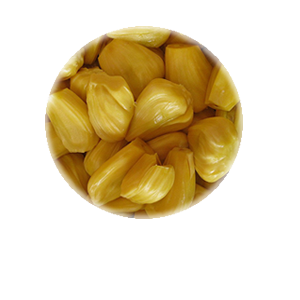
Mangoes
“The king of the fruits,” mango fruit is one of the most popular, nutritionally rich fruits with unique flavor, fragrance, taste, and heath promoting qualities, making it numero-uno among new functional foods, often labeled as “super fruits.”
Description
“The king of the fruits,” mango fruit is one of the most popular, nutritionally rich fruits with unique flavor, fragrance, taste, and heath promoting qualities, making it numero-uno among new functional foods, often labeled as “super fruits.”
Health benefits of Mango fruit
- Mango fruit is rich in pre-biotic dietary fiber, vitamins, minerals, and poly-phenolic flavonoid antioxidant compounds.
- According to new research study, mango fruit has been found to protect from colon, breast, leukemia and prostate cancers. Several trial studies suggest that polyphenolic antioxidant compounds in mango are known to offer protection against breast and colon cancers.
- Mango fruit is an excellent source of Vitamin-A and flavonoids like β-carotene, α-carotene, and β-cryptoxanthin. 100 g of fresh fruit provides 765 IU or 25% of recommended daily levels of vitamin-A. Together; these compounds have been known to have antioxidant properties and are essential for vision. Vitamin-A also required for maintaining healthy mucosa and skin. Consumption of natural fruits rich in carotenes is known to protect from lung and oral cavity cancers.
- Fresh mango is a good source of potassium. 100 g fruit provides 156 mg of potassium while just 2 mg of sodium. Potassium is an important component of cell and body fluids that helps controlling heart rate and blood pressure.
- It is also an excellent source of vitamin-B6 (pyridoxine), vitamin-C and vitamin-E. Consumption of foods rich in vitamin-C helps the body develop resistance against infectious agents as well as scavenge harmful oxygen-free radicals. Vitamin B-6 or pyridoxine required for GABA hormone production within the brain. It also controls homocysteine levels within the blood, which may otherwise be harmful to blood vessels resulting in coronary artery disease (CAD), and stroke.





